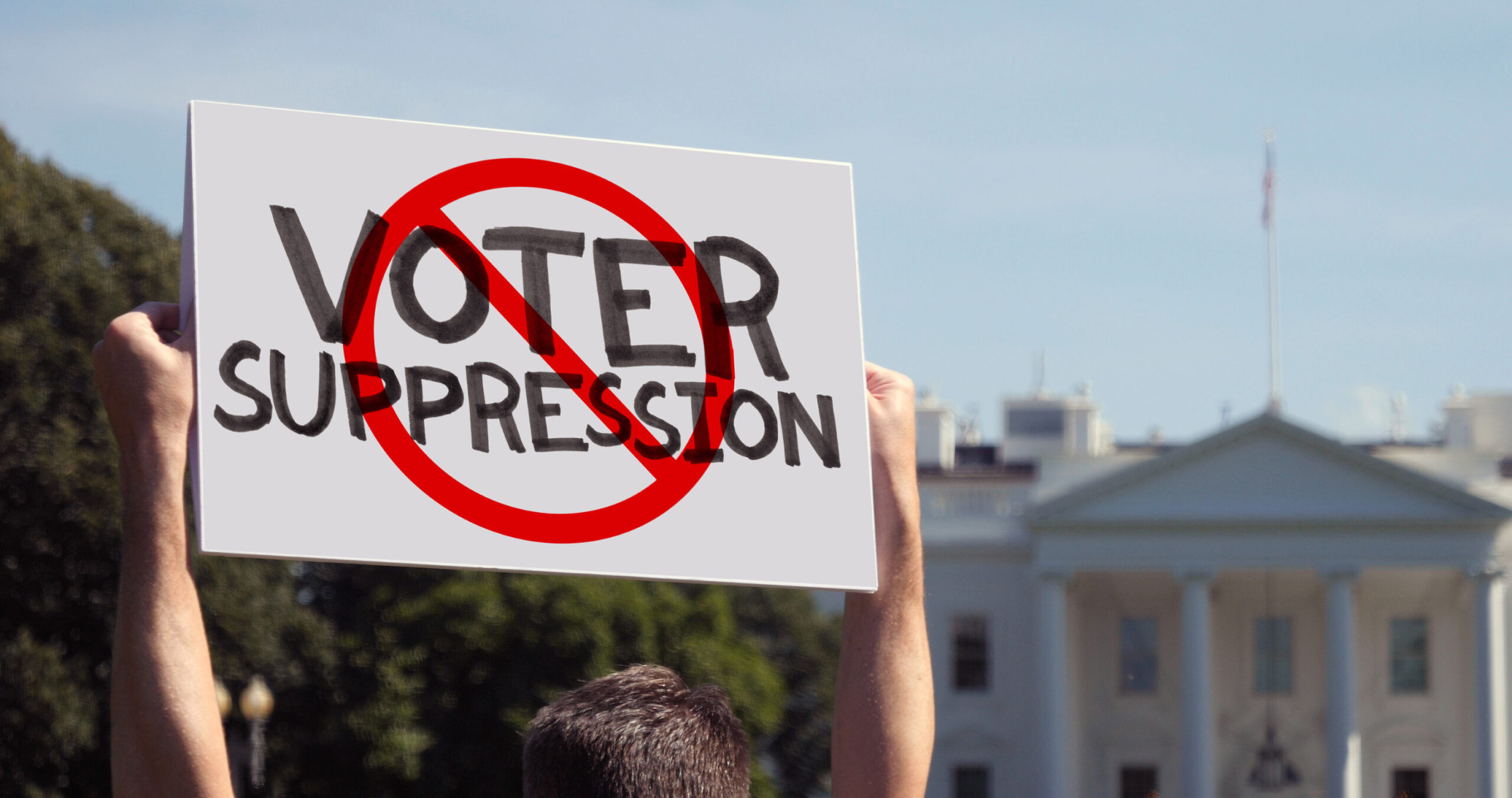Combatting Voter Suppression and Election Subversion: What Your Nonprofit Can Do
Issues

More Americans voted in 2020 than any previous election, with the highest percentage of eligible voters participating since 1960. This historic turnout is made all the more impressive considering that it occurred in the middle of a pandemic. Nonprofits played a critical role in making this happen through voter education, voter registration, and get-out-the-vote drives. And while many 501(c)(4)s and other groups did this in a partisan way, nonpartisan efforts by 501(c)(3)s lead the way for the most robust display of democracy the country has seen in decades.
In response, Republican state lawmakers have passed at least 22 laws aimed at suppressing the right to vote in more than 14 states. These laws are clearly designed to target traditionally Democratic voters, and have included provisions mandating onerous voter ID requirements, dramatic reductions in early voting, and the creation of additional burdensome levels of bureaucracy that non-profits organizing nonpartisan voter registration drives now need to navigate. Several of these laws targeting non-profits include criminal penalties for small violations, such as Iowa’s new law that could subject people to a year in jail for collecting and submitting legal and valid voter registration forms.
Additionally, in what is an even more distressing development, many states have reworked the rules states and localities follow for certifying the vote. Traditionally, this is a process overseen by state and local officials who develop expertise in counting the vote and take pride in calling the races without regard to the party or ideology of the winners. Many states are now removing the authority from these officials and handing it to partisan state legislators, or giving legislators the option to override professional election regulators based on partisan whims, and overturn elections as they see fit.
This would all seem like the continuation of a bad work of fiction if it were not so serious. Some commenters suggest lawmakers may be passing these laws because they don’t think they can win without them. Election law professor Rick Hasen recently noted, “there are two different issues going on at once. One is voter suppression, making it harder for people to register and vote. But perhaps an even bigger danger is the danger of election subversion, the idea that we might make it easier for partisans to mess with how votes are counted and how election winners are declared. That’s really the No. 1 thing on the agenda for 2022 and 2024.”
Fighting back against these attempts is a proper role for nonprofits, including 501(c)(3) public charities. We often get questions on our advocacy hotline and email whether combatting partisan efforts around election administration violates the rule against 501(c)(3)s supporting or opposing candidates. The key is to not link your work to suggesting support or opposition to any candidates — focus on the policy. Just like nonpartisan voter education is IRS-approved, so is defending proper administration of elections. Because many of these voter subversion efforts at the state level are newly proposed laws, advocating against them may be lobbying depending on your activity.
See the Bolder Advocacy publication Being a Player or listen to the lobbying series on our podcast Rules of the Game for more.
What can your nonprofit do?
- Are there active voter subversion bills in your state? Advocate against these attempts, and if you’re in a state that is bucking the trend and expanding early voting or other pro-voter efforts, promote those and anything that expands voting rights.
- Learn more about the efforts at the federal level to protect voting rights, like HR1 (The For the People Act) and HR4 (The John Lewis Voting Rights Advancement Act) and how those can combat election subversion efforts.
- Educate your constituency — despite the severity of these efforts, voter suppression and election subversion efforts are falsely cloaked in the guise of preventing fraud. Make sure your supporters understand the ruse.
- Don’t forget local elections — elections don’t just happen every two years. Be sure to continue the 2020 momentum and make nonpartisan get-out-the-vote and voter registration efforts a part of what you do every year.
Resources from Bolder Advocacy
- Being A Player: A Guide to the IRS Lobbying Regulations for Advocacy Charities
- The Rules of the Game: A Guide to Election-Related Activities for 501(c)(3)s
- The Connection: Strategies for Creating and Operating 501(c)(3)s, 501(c)(4)s, and Political Organizations
- Rules of the Game Podcast
- Election Checklist for 501(c)(3) Public Charities: Ensuring Election Year Advocacy Efforts Remain Nonpartisan